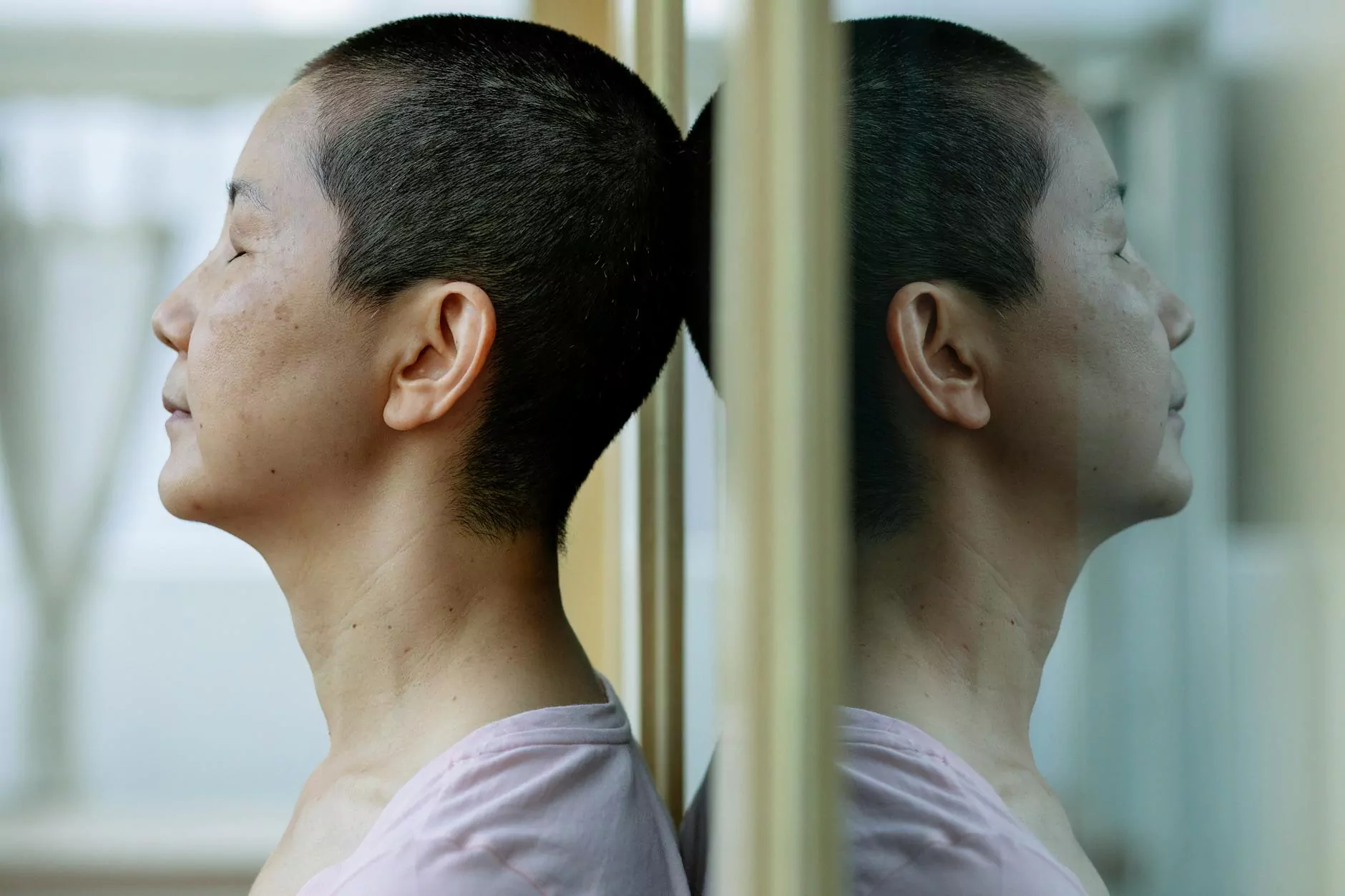Acupuncture for Alcohol and Drug Addiction
Interventional Pain Management
The Role of Acupuncture in Addiction Recovery
At Pain Management Care, PC, we understand the challenges and struggles that individuals face when dealing with alcohol and drug addiction. In our pursuit of providing holistic and effective treatment options, we are proud to offer acupuncture as a powerful tool in addiction recovery.
Addiction is a complex condition that affects individuals both physically and mentally. Acupuncture, an ancient Chinese practice, involves the insertion of thin needles into specific points on the body to stimulate the flow of energy and promote healing. It is a safe and natural alternative therapy that can complement traditional addiction treatment methods.
How Acupuncture Can Help
Acupuncture can play a significant role in the recovery journey by targeting various aspects of addiction:
1. Relieving Withdrawal Symptoms
The withdrawal phase can be one of the most challenging parts of addiction recovery. Acupuncture helps reduce withdrawal symptoms such as anxiety, depression, insomnia, and cravings. By restoring balance in the body, acupuncture can provide relief and promote a smoother transition into recovery.
2. Reducing Cravings
Cravings for alcohol and drugs can be intense and difficult to manage. Acupuncture treatments help regulate the brain's reward pathways, reducing cravings and promoting a sense of calm and relaxation. By addressing the root causes of addiction, acupuncture assists individuals in maintaining sobriety.
3. Promoting Detoxification
The body's natural detoxification processes can become compromised due to substance abuse. Acupuncture stimulates the liver and kidneys, promoting detoxification and helping the body rid itself of harmful toxins. This can lead to improved overall health and a stronger foundation for recovery.
Our Approach to Acupuncture
At Pain Management Care, PC, we prioritize providing personalized and comprehensive care to each of our patients. Our licensed acupuncturists have extensive experience in addiction recovery and work closely with our healthcare team to develop individualized treatment plans.
During your acupuncture sessions, our skilled practitioners will identify the specific points on your body that are most relevant to your addiction recovery process. By targeting these points, they will stimulate the flow of energy, restore balance, and promote overall well-being.
Benefits of Acupuncture for Addiction Recovery
Choosing acupuncture as an adjunct therapy to traditional addiction treatment offers numerous benefits:
1. Non-Invasive and Natural
Acupuncture is a non-invasive procedure that does not involve the use of medications or chemicals. It harnesses the body's natural healing abilities, providing a holistic and drug-free approach to addiction recovery.
2. Minimal Side Effects
Unlike some medications used in addiction treatment, acupuncture has minimal side effects. It is a safe and gentle therapy that can be used alongside other treatment modalities without causing interference.
3. Holistic Approach
Acupuncture addresses the physical, emotional, and psychological aspects of addiction. By promoting balance and harmony within the body, it supports the recovery process on multiple levels.
4. Individualized Treatment
At Pain Management Care, PC, we understand that each individual's addiction journey is unique. Our acupuncturists tailor treatment plans to suit the specific needs and goals of each patient. Our compassionate approach ensures that you receive the best care possible.
Contact Us Today
If you or a loved one are struggling with alcohol or drug addiction, we invite you to explore the benefits of acupuncture as part of the recovery process. Pain Management Care, PC is committed to helping individuals regain control of their lives and find lasting sobriety. Contact us today to schedule a consultation and discover how acupuncture can be a valuable tool in your journey toward recovery.
Note: Acupuncture is not a standalone treatment for addiction. It works best when used in conjunction with other evidence-based approaches such as counseling, support groups, and medical interventions.










